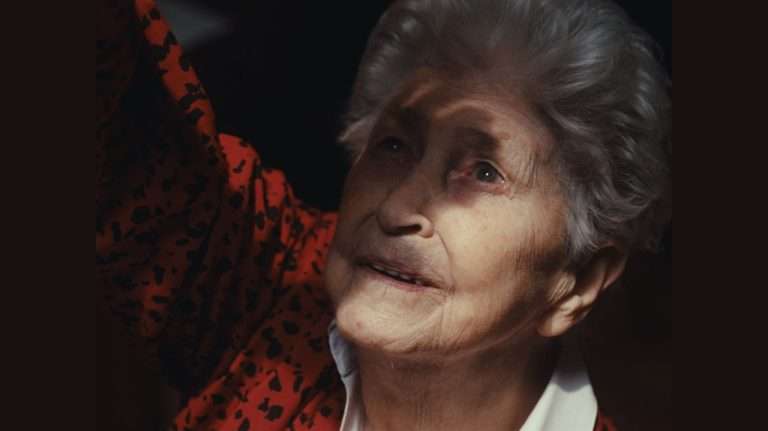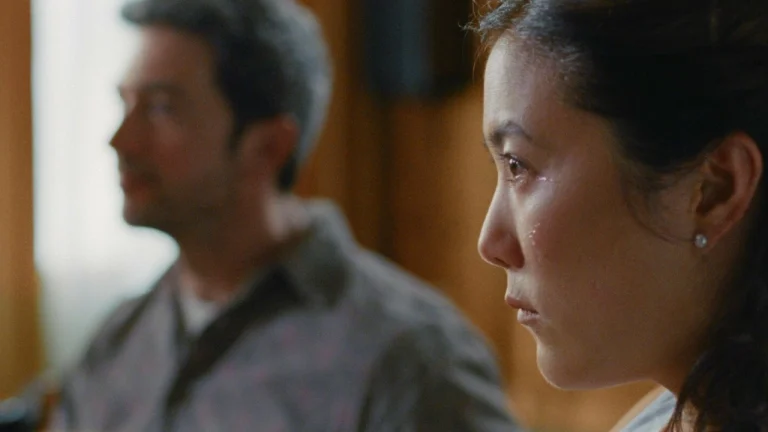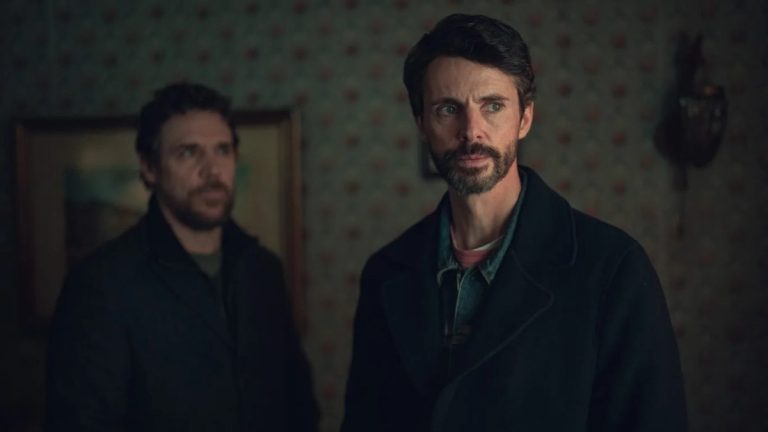Released in 2020 during the heart of the COVID-19 pandemic and only recently reappraised due to the NHL season, Doug Dearth’s “Odd Man Rush” forgoes a lot of genre cliches that you would find in sports movies. For starters, it does not feel like an underdog tale where the protagonist has to rise above all odds and become a champion. In fact, you would either be surprised or frustrated by the amount of time the film actually spends on the ice or showing you the intricacies of the sport, because, at the end of the day, it is the more human aspects that matter most.
Based on the 2016 memoir of the same name by Bill Keenan (who also serves as a co-writer here), the film follows Bobby Sanders (Jack Mulhern), a young hockey prodigy from Harvard who hasn’t known or loved anything else in his life other than ice hockey. We meet him and face him directly – a fourth wall-breaking plot device is used in order to show us the self-indulgent nature of having or dreaming something that becomes your entire existence.
Like most youngsters, Bobby dreams of the NFL, but his body betrays his ambitions. When he realizes that playing in American – or the big leagues wouldn’t be an option because of his internal injury, he decides to pursue his shot far away from home. A major chunk of the narrative is thus about Bobby drifting through the minor leagues in Sweden, where he clings to the idea that he can still prove to be a player who would make a name for himself.
Along the way, he encounters a lot of new people – including players, coaches and locals who leaves an imprint on him as a person, but meeting Elin (Elektra Kilbey), a local shop clerk somehow forces him to look beyond – almost as if he has to realize that life serves us dreams in different shapes and forms and only we can understand them – if we truly try to.

Now, when I say “Odd Man Rush” is an unusual sports film, I mean it. The self-indulgence of the narrative is used to pivot and use the game as a learning curve for its protagonist. It has none of the tendencies of showing the sport as the central and eternal plot device. Instead, it uses the game to tell a coming-of-age story of a young man traversing fleeting friendships and possible life-altering moments, only to be stuck by the thing that he fancies as his ultimate dream. However, not all of it lands the way it is intended to.
Director Doug Dearth’s vision, which is aided by Keenan’s self-aware writing, often feels like a collection of half-measures. Since they never truly focus on the game, none of the parts that involve the players and Bobby being on the ice feel captivating. Similarly, none of the characters beyond Bobby and Elin feel like they leave a mark, and there are way too many to let this cavit go as a one-off. It also doesn’t help that the laid-back flow of the narrative feels uneven, and the ending feels rushed and hastily conceived.
That said, the performances really uplift this heartfelt but instantly forgettable coming-of-age film about the weight of pursuing a singular dream. Jack Mulhern offers a fresh, charming perspective of a young man caught between his ambition and life’s genuine, often unforeseeable curveballs.
His chemistry with Elektra Kilbey, who is the best part of the film, is crackling. Kilbey is able to make the romance and the connection that her character Elin forms with Bobby serve as an important milestone in a life that has only ever focused on one thing and one thing alone. I only wish the writing in the third act had helped these performers and their characters challenge their own motifs and inhibitions organically, instead of just coming to a standstill.








